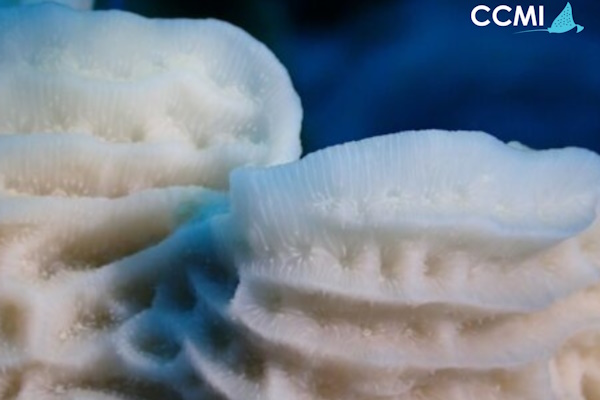🐠 Little Cayman's reefs may be more resilient to bleaching
🔬 Central Caribbean Marine Institute's research suggests healthier reefs could fare better

Scientists from the Central Caribbean Marine Institute (CCMI) have suggested that the reefs around Little Cayman may be more resilient to bleaching than others in the region. This is due to their healthier state and fewer stressors. Last year, following an extreme marine heatwave, the reefs monitored by CCMI experienced severe bleaching, with almost half the corals dying. However, key reef-building species showed lower mortality and higher recovery rates, which could help protect the coral as sea temperatures continue to rise. 🌡️
Little Cayman's reefs are protected from local threats such as pollution and overfishing, which has led to better long-term recovery. Before the bleaching event, coral cover in Little Cayman was about 20%, compared to 10-15% regionally. CCMI's pre-bleaching monitoring showed that 90% of the reefs were in good to very good condition. Data collected over the last 25 years shows the above-average health of corals in Little Cayman, with no reefs recorded in poor health in 2022 or 2023 and stable levels of coral cover despite the regional decline. 🐚
CCMI is seeking solutions to support reef recovery and help the reefs survive and adapt through science-based action. The research facility has been pioneering a resilience-based coral restoration program in Little Cayman since 2012. This program has grown over 1,500 corals outplanted over 70 square meters of coral onto the reefs of Little Cayman. The research facility is also investigating how corals may adapt to extreme environmental conditions. 🌊





